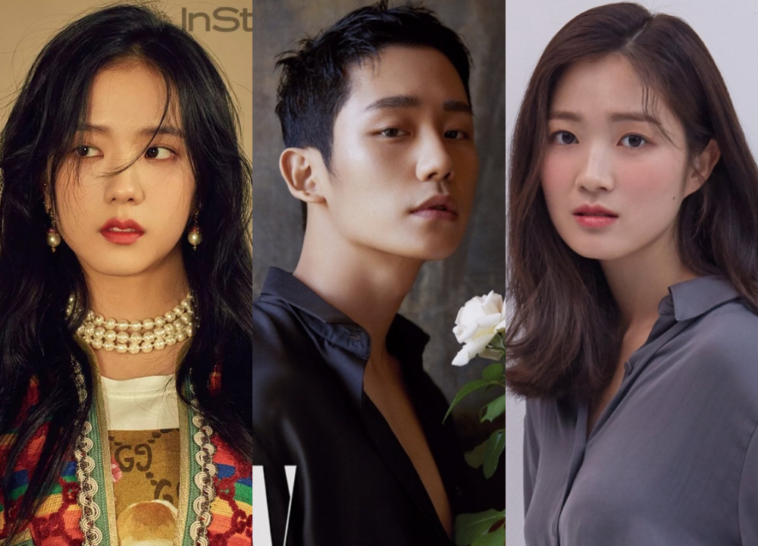
“As the influence of Korean culture has been growing more recently, it is time to reconsider the weight of distorting history in the media. "Korea is a democracy, which is something that has been earned through hard work and through the pain and sacrifice of many innocent people,” one petitioner wrote, per The Korea Times. Several brands also withdrew their sponsorship of the show. A petition to stop JTBC from airing Snowdrop garnered 267,000 signatures in one day.
SNOWDROP DRAMA SERIES
The series faced widespread backlash leading up to its premiere in Korea. (There was also early uproar about the fact that Snowdrop’s main female character originally shared a name with a real woman whose husband was beaten during the protests, which led to her being renamed from “Yeong-cho” to “Yeong-ro.”)Ī representative of Park Jong-Chul’s memorial told No Cut News that Snowdrop’s attempt to “dress up such a dark event with romance” is both a “huge offense” and like a “second assault on victims.” A spokesperson for Lee Han-yeol’s memorial also called Snowdrop offensive, adding that its team needs to take responsibility for creating the show without the necessary historical and social awareness. Snowdrop could lead viewers unfamiliar with South Korea’s history to believe that some South Korean activists actually were North Koreans in disguise - an erroneous narrative pushed by conservatives in the country.

As The Korea Herald points out, this is particularly egregious because many South Korean students were tortured and killed under the justification that they were North Korean spies. These young protestors were integral to the formation of South Korea’s democracy, and Korean viewers say that Snowdrop insensitively rewrites this history by centering a North Korean character.

During a three-week period in 1987, over a million protesters took to the streets in 37 cities, finally paving the way for sweeping democratic changes. These intensified after the 1980 massacre of 288 protesters in Gwangju and hit a fever pitch following the 1987 deaths of two students: Park Jong-Chul, who was tortured by police, and Lee Han-yeol, who was struck with a tear gas grenade. When military general Chun Doo-hwan seized control in 1979 and instituted a dictatorship, students led protests for years. The first Korean president tried to abolish term limits, the second was assassinated in 1979, and there were two military coups throughout that time. But the democracy faltered several times. For context, South Korea had its first democratic election in May 1948 following 35 years of Japanese colonial rule. The show is set against the 1987 June Democratic Struggle, which was the culmination of several activist-led attempts to institute a nationwide democracy in Korea. When she discovers he’s not an activist and is actually North Korean, the couple races to get Soo-ho back to his country undetected while being confronted by antagonists on all sides.

Believing him to be a pro-democracy South Korean activist, Yeong-ro helps to hide him from the government, and the two soon fall in love.

The series takes place in 1987 and centers around Lim Soo-ho (Jung), a North Korean spy who stumbles into South Korean student Eun Yeong-ro’s (Jisoo) dorm room. Since it aired on Korea’s JTBC network in December 2021, Snowdrop has been criticized for “historical distortion” because of the way it uses South Korea’s democratic protests as a backdrop for illicit romance. However, the series has not been without controversy. The show stars two prominent celebrities: Jung Hae-in, a popular South Korean actor who has appeared in titles such as Netflix’s Something in the Rain and the film Start-Up, and Jisoo, a member of the hit K-pop group Blackpink who’s taking on her first leading role. Disney+ has released its first Korean drama Snowdrop.


 0 kommentar(er)
0 kommentar(er)
